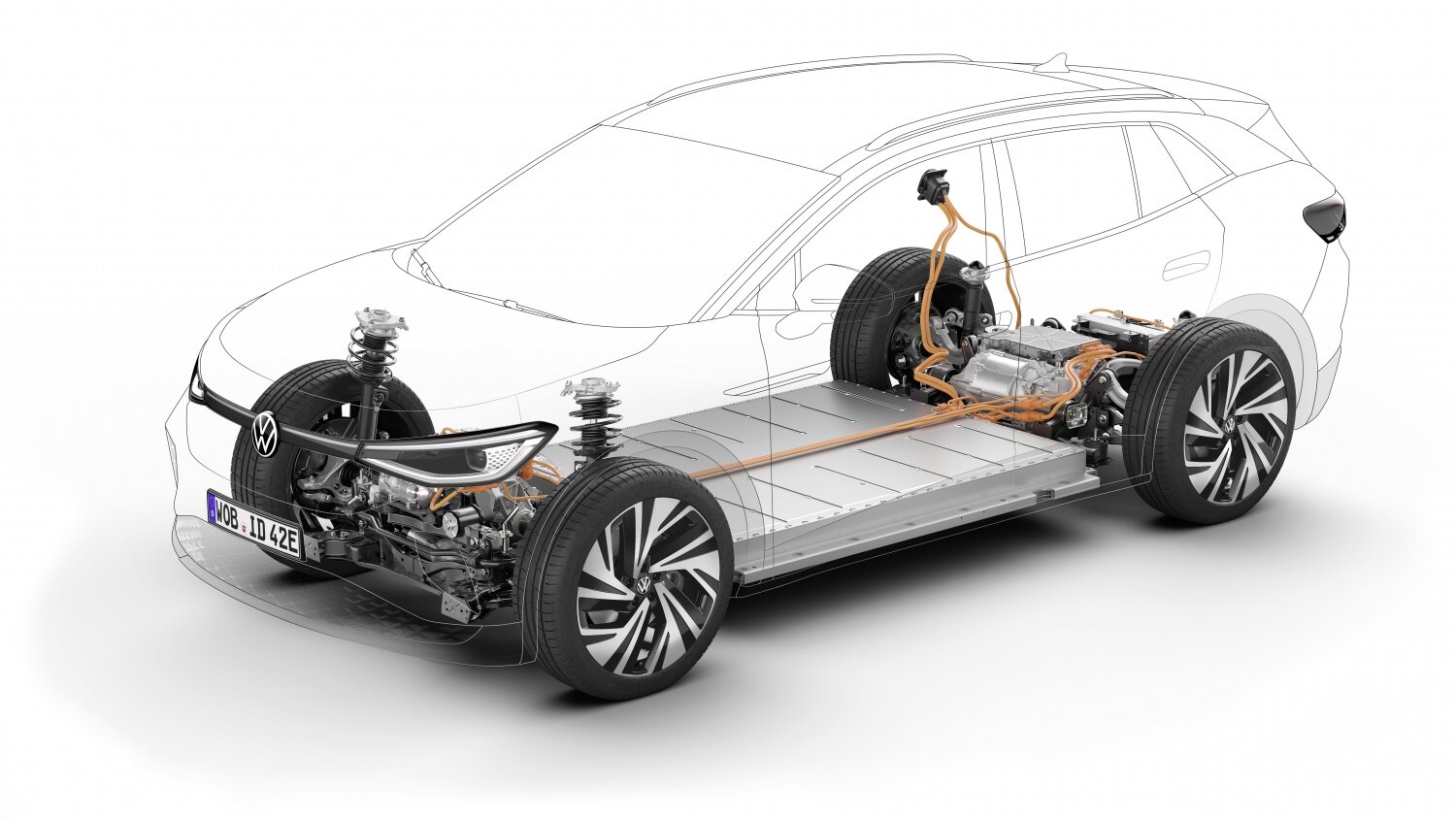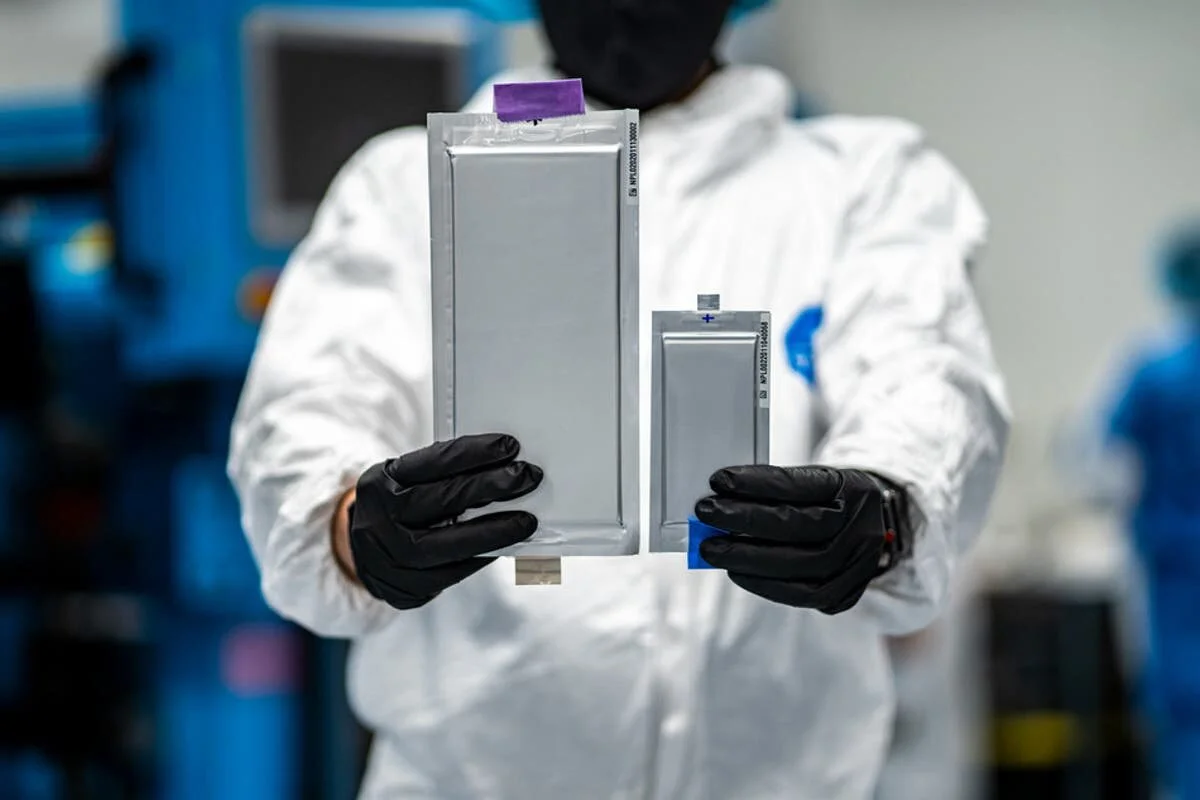
Don’t Fall for ’10-Minute Charge’ EV Battery Myths
Since the broader press has moved away from perpetuating the ‘range anxiety’ myth, we have quickly seen another narrative take its place – that charging an electric car should be as quick as filling a car with petrol or diesel.
These stories almost never tell you about the ecological or climate harm caused by fossil fuels, and nor do they extol the virtues of slower charging overnight – namely that this is the cheapest and most environmentally-friendly way to charge, while it also prolongs battery life.
As such, we have witnessed a considerable rise in the number of stories claiming that EV batteries which can be charged in 10 or 20 minutes are just on the horizon and will revolutionise electric car use. Today we examine these claims, and show why you shouldn’t fall for these stories… at least, not yet.
Fast-Charge Batteries
The majority of electric vehicles on the market today are capable of rapid charging speeds which mean you could add around 320km in an hour of charging at a 150kW public charger, depending on the model you drive.
Developments in battery software and rapid charging technology have seen ever-faster charging speeds over recent years and are likely to continue in the future.
While this is great for when you need a quick top-up for long distance driving, it is important to know that you shouldn’t rapid charge your car as the sole source of energy – something that is commonly overlooked in the broader press.
While battery management systems will try to negate it, rapid and ultra-rapid charging will produce higher battery degradation over time, compared to slower charging.
A major factor in this is how batteries are made, with ubiquitous lithium-ion batteries typically using graphite electrodes, which limit their capacity and speed of charging. Charging these too quickly overloads the graphite electrodes and causes wear.
However, graphite is by far the cheapest and most plentiful solution available for mass-market EV batteries, and when typically charged at slower speeds – such as overnight charging at home – current generation electric car batteries should last a decade or more with ease. And can then be reused to store renewable energy at home.
Public rapid chargers are great for long-distance trips, but they will never replace overnight slow charging as the primary method of charging. Credit: Ionity
Changing How We Charge?
A range of companies are now promising batteries which can be charged in around 10 minutes, thanks to a redesign in the chemistry of their batteries.
These may take the form of replacing the graphite electrodes with semiconductor nanoparticles, using materials like silicon, to speed up charging rates without seeing long-term degradation.
Meanwhile other manufacturers are pursuing solid-state batteries, which do not need the liquid electrolytes used in lithium-ion batteries, meaning they can be denser and more compact. You may be familiar with solid-state computer hard drives, which are much faster and more compact than traditional hard drives, and the idea is much the same (even if the tech is different).
So why aren’t we all using solid-state or silicon-based batteries that allow us to charge in 10 minutes or less?
Solid state batteries offer greater density, meaning more power in a smaller package. But their price is currently prohibitive. Credit: Solid Power
Cost is the first major factor. For electric cars to replace polluting fossil fuel-powered cars, we need to ensure that they at least cost the same amount, and the price of traditional EV batteries has been dropping rapidly over recent years. While these new technologies might offer benefits in terms of packaging and charging times, they are considerably more expensive than current technology, which limits their usefulness.
However, the biggest stumbling block is that people think electric cars need to work in the same way as their fossil fuel-powered cousins.
Most people who drive EVs – which sadly doesn’t include a lot of the journalists who write about them for major publications – will tell you that you rarely spend any time waiting for your car to charge.
With the average car journey in Ireland measuring 16.4km, you go days or weeks without needing to charge, and this will mostly be undertaken while you’re fast asleep in bed – when electricity is cheapest, least carbon-intense, and the strain on the battery is minimised as the electrodes are not overloaded.
Even if faster-charging batteries are made available, we need to explore the emissions implications of this – from raw materials and production, through to the energy intensity of charging at faster speeds.
Those who demand that EVs are as fast to charge as fossil fuel cars often overlook the congestion at fuelling stations, where cars often spend 5-10 minutes waiting for a pump to become available, all the while sitting with their engine idling emitting vast amounts of harmful emissions.
Fossil fuel cars are a long way from an ideal that EVs should ‘live up to’.
Not Just Yet
It is undoubted that the price of these technologies will drop in the coming years, which will make them more common in electric vehicles without making them needlessly expensive.
However, we are still some way away from these technologies becoming commonplace and disrupting the current EV battery market. After all, the development and testing of technology is not the same as using something every day under the stresses of real-world conditions.
Anna Tomaszewska, a Research Postgraduate in the Faculty of Engineering at Imperial College London, stated in an interview with The Guardian: “I think these technologies could start entering the market in the next five years or so. However, since they will be more difficult and expensive to manufacture, we’re likely to initially only see them in niche markets that are highly performance-driven and not as price-sensitive as electric vehicles.”
We have all waited in queues for petrol, but at what cost - idling engines produce harmful emissions that worsen the Climate Crisis and pubic health
One alternative to 10-minute charges is battery swaps – where the whole battery is detached from a car and replaced with a fully-charged one. This has already seen wide application in Asia – particularly in China, where there are 600 swapping stations already in use as of 2021 – but there are still question marks over the ecological implications of this approach.
Furthermore, in Western cultures we have long been taught that ownership is king – capitalism teaches us that we should own things and not share them so readily. As such, the idea of constantly changing your battery – and the potential legal implications if there is an issue in more litigious societies like the US and Ireland – might be more of a cultural barrier in Europe and the US.
As such, it is most likely that we will see the biggest gains in battery software technology and the availability of rapid-charging infrastructure in the next 5-10 years. And that’s ok.
The bottom line is that we do not need EVs to be ‘as good’ as fossil-fuel cars, they’re already inherently better in terms of lifetime emissions, the pollutants that worsen the Climate Crisis and public health, and their cost to run. We just need to learn to live more sustainable lives and respect that faster isn’t always better.
What To Read Next
How Electric Car Conversion Works
Discover how you can convert converting your existing petrol, diesel or hybrid car to run as a fully electric vehicle – and why it’s cheaper and more sustainable than buying new
Why EV Battery Recycling Is Set To Take Off
Find out why nervousness about the EV battery life cycle is overlooking other opportunities, how new efficiencies are being found, and which emerging technologies may influence its future






